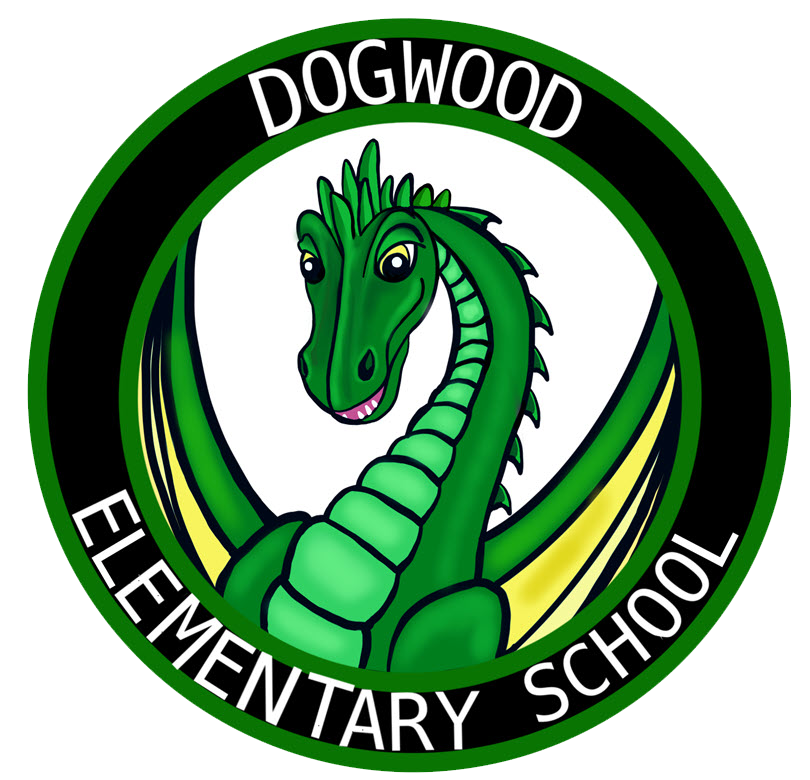Assessment Policy
Dogwood Mission:
Our mission is to develop a globally minded community enriched by differences, engaged in inquiry, and empowered to take action to impact the world.
Philosophy- What do we believe about assessment?
Dogwood Elementary School is grounded in our mission to create a globally-minded community. As a Fairfax County Public School, we address, assess, and report on county and Virginia state standards. We utilize a variety of assessments to enrich thinking, engage in real world challenges, and empower problem solvers.
Purpose- Why do we assess students?
Dogwood assesses students’ understanding, application, and holistic growth in Virginia state standards and elements of the Primary Years Programme (PYP).
- Assessments provide students the opportunity to demonstrate understanding, reflect on their learning, and use feedback to create learning goals.
- Assessments allow teachers to reflect on instructional effectiveness, make informed decisions, and plan differentiated learning experiences for students.
- Assessments strengthen our partnership with families in communicating and monitoring academic and social growth of students.
Principles- What are our agreements about assessment as a community of learners?
Our essential agreements:
- Assessments engage learners to demonstrate what they know, value, and are able to do.
- Assessments are continuous and consistent with instructional strategies and practices.
- A variety of assessment strategies provide students opportunities to demonstrate their understanding in real-world contexts and apply their learning in new situations.
- Learners are provided with timely feedback in order to reflect on their current understanding and monitor their own learning.
- Assessments will provide opportunities to support and celebrate student learning with families.
- Assessments are used to plan teaching experiences and to differentiate for diverse learners.
- Assessments promote self and peer reflection for students and teachers.
Practices- (Assessing, Recording, Reporting)
Assessing- How do we discover what students have learned?
Assessments at Dogwood are continuous as they are integral to the teaching and learning process. We utilize a variety of assessments to allow diverse learners opportunities to refine their understanding.
- Formative Assessment: Formative assessments are incorporated into daily learning to provide teachers with information on how student learning is developing. These assessments help teachers plan next instructional steps.
- Examples of formative assessments include: observations, anecdotal records, checklists, rubrics, thinking routines, class discussions, entrance/exit tickets, etc.
- Summative Assessment: Summative assessment takes place at the end of a unit. Summative assessments are an opportunity for students to demonstrate what has been learned.
- Examples of summative assessments include: unit of inquiry assessments, end of topic assessments, Standards of Learning (SOLs), etc.
Recording- How do we collect and analyze the data?
Assessments could include but are not limited to:
* Classroom Assessments: Teachers assess student prior knowledge and experiences before introducing new learning. These assessments help teachers plan instructional steps.
- Examples of classroom assessments include: pre-assessments, anecdotal records, observations, open-ended tasks, provocation (tuning in experience), and routines to communicate thinking.
* Self-Assessment: Self-assessments are used to engage students in reflection on their own learning.
- Examples of self-assessment include: goal setting, peer and/or teacher conferencing.
* Required State and County Testing: Virginia and Fairfax County require students to take a variety of assessments throughout their school career.
- Examples of state and county testing include, but are not limited to: iReady, eCart, Math Reasoning Assessment (MRA), World-class Instructional Design and Assessment (WIDA), Standards of Learning (SOL), Virginia Growth Assessment (VGA), Pre-K PALS, AEPS, VB-MAPP, CoGat, and Naglieri.
Reporting- How do we communicate information about assessment?
Through our reporting practices, we celebrate the acquisition of knowledge, the understanding of concepts, the mastering of skills, and the decision to take action. We report meaningful information to foster the relationships among students, teachers, and families.
Methods for reporting include:
- Conferences
- Fairfax County progress report
- Student portfolio
- Dogwood PYP progress report
Policy Review
In efforts to reflect the evolving assessment needs of our school, the Dogwood Assessment Policy will be reviewed at least every three years by the PYP Implementation Team. All updates will be made public to our community including families, students, and staff.
- Written Fall 2018
- Updated Fall 2021

